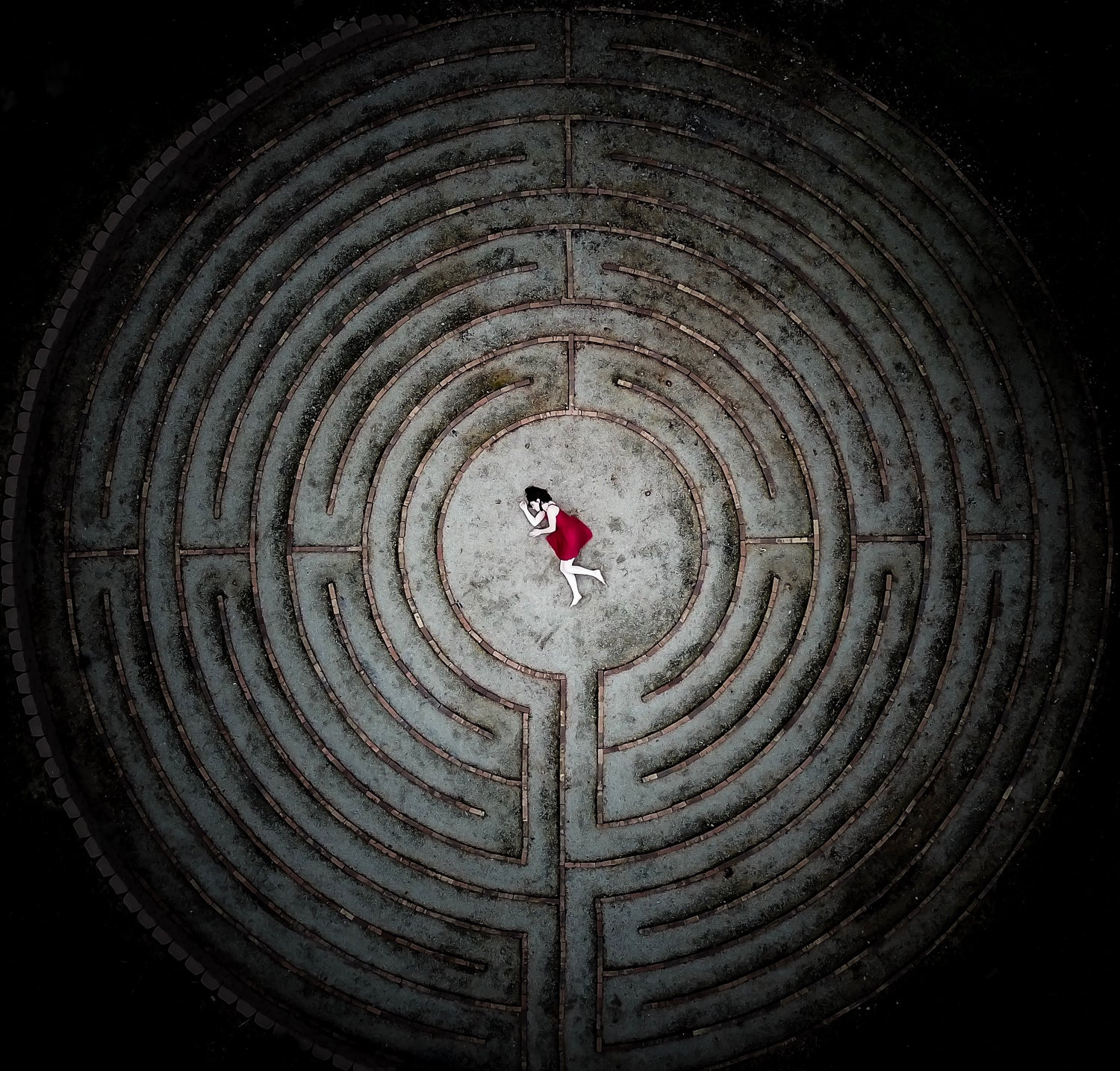In 1965, against the backdrop of an evolving civil rights movement, President Lyndon B. Johnson delivered a commencement address at Howard University. Within his words lay a poignant commentary on the breakdown of the Negro family structure, an issue that remains relevant today. This blog post delves into the profound influence of President Johnson's speech and the insights from the Moynihan Report, exploring their connections to contemporary times and shedding light on the enduring impact on African American families.
President Johnson's Address and the Historical Context: President Johnson's speech at Howard University encapsulated the complexities of the era. He addressed the struggles faced by African Americans, acknowledging that the breakdown of the Negro family structure was a consequence of centuries of oppression and discrimination. Johnson recognized that the dignity and ability of African American men to provide for their families had been systematically undermined.
The Moynihan Report's Observations: The Moynihan Report of 1965, officially titled "The Negro Family: The Case For National Action," echoed the concerns raised by President Johnson. Authored by Daniel Patrick Moynihan, then an assistant secretary in the Department of Labor, the report delved into the historical challenges faced by African American families. Moynihan's analysis highlighted the disproportionate impacts of unemployment, poverty, and systemic racism on the family structure. He noted that the high prevalence of single-parent households within the African American community had far-reaching consequences.
Impact on Children and Society: Both President Johnson's address and the Moynihan Report emphasized that the breakdown of the Negro family structure had severe consequences for children and society at large. Families are fundamental to shaping the attitudes, aspirations, and values of the next generation. When the family unit collapses, children often bear the brunt of the consequences, experiencing educational disparities, limited economic opportunities, and emotional distress. This impact is not confined to individual families; entire communities are affected by the ripple effects.
Comparing Historical Insights to Modern Times: Fast-forward to the present day, and the insights from President Johnson's address and the Moynihan Report continue to resonate. Despite progress, disparities persist within African American communities, highlighting the enduring effects of historical oppression. Today's statistics parallel those of the past: a significant number of African American children are still raised in single-parent households, with implications for education, economic mobility, and overall well-being.
Collective Responsibility: Addressing the breakdown of the Negro family structure requires a collective effort, just as President Johnson and the Moynihan Report suggested. While acknowledging historical injustices is crucial, it's equally important to actively seek solutions. Comprehensive approaches must encompass education, economic empowerment, healthcare access, criminal justice reform, and more. By dismantling systemic barriers, we can create an environment in which families have the resources and support to thrive.
Conclusion: President Johnson's Howard University address and the insights from the Moynihan Report provide a lens through which we can understand the complex challenges facing African American families. As we draw connections between history and the present, it's evident that the impact of the breakdown of the Negro family structure continues to reverberate. By embracing collective responsibility and enacting meaningful change, we can honor the struggles of the past while paving the way for a more equitable and hopeful future.





















